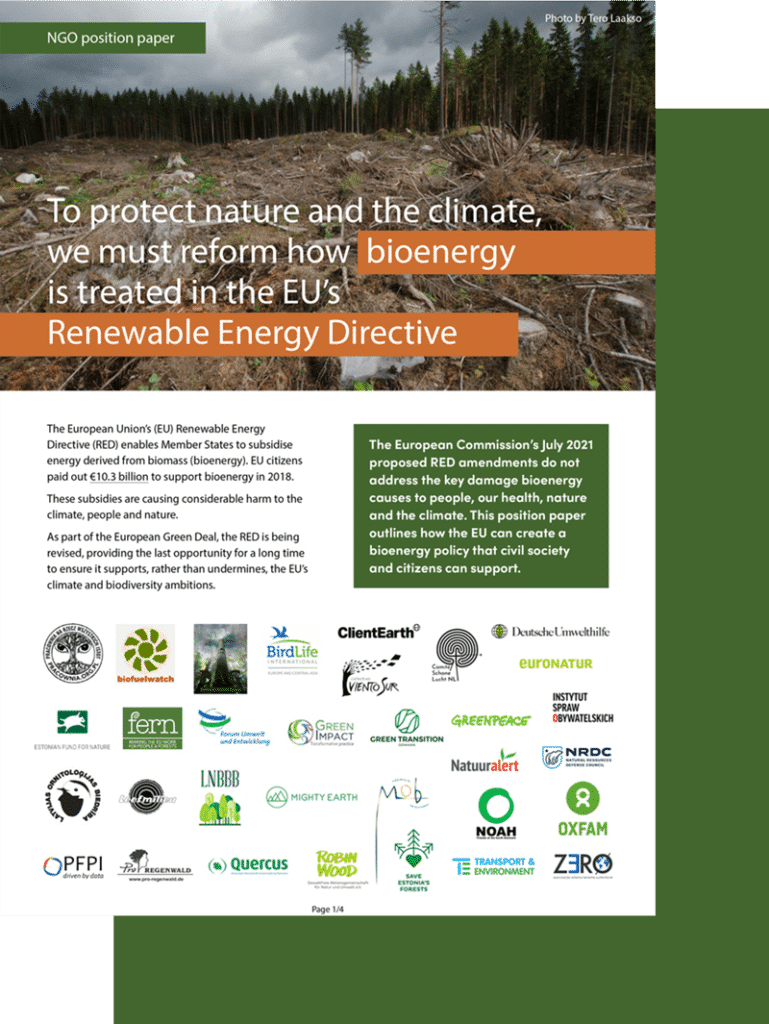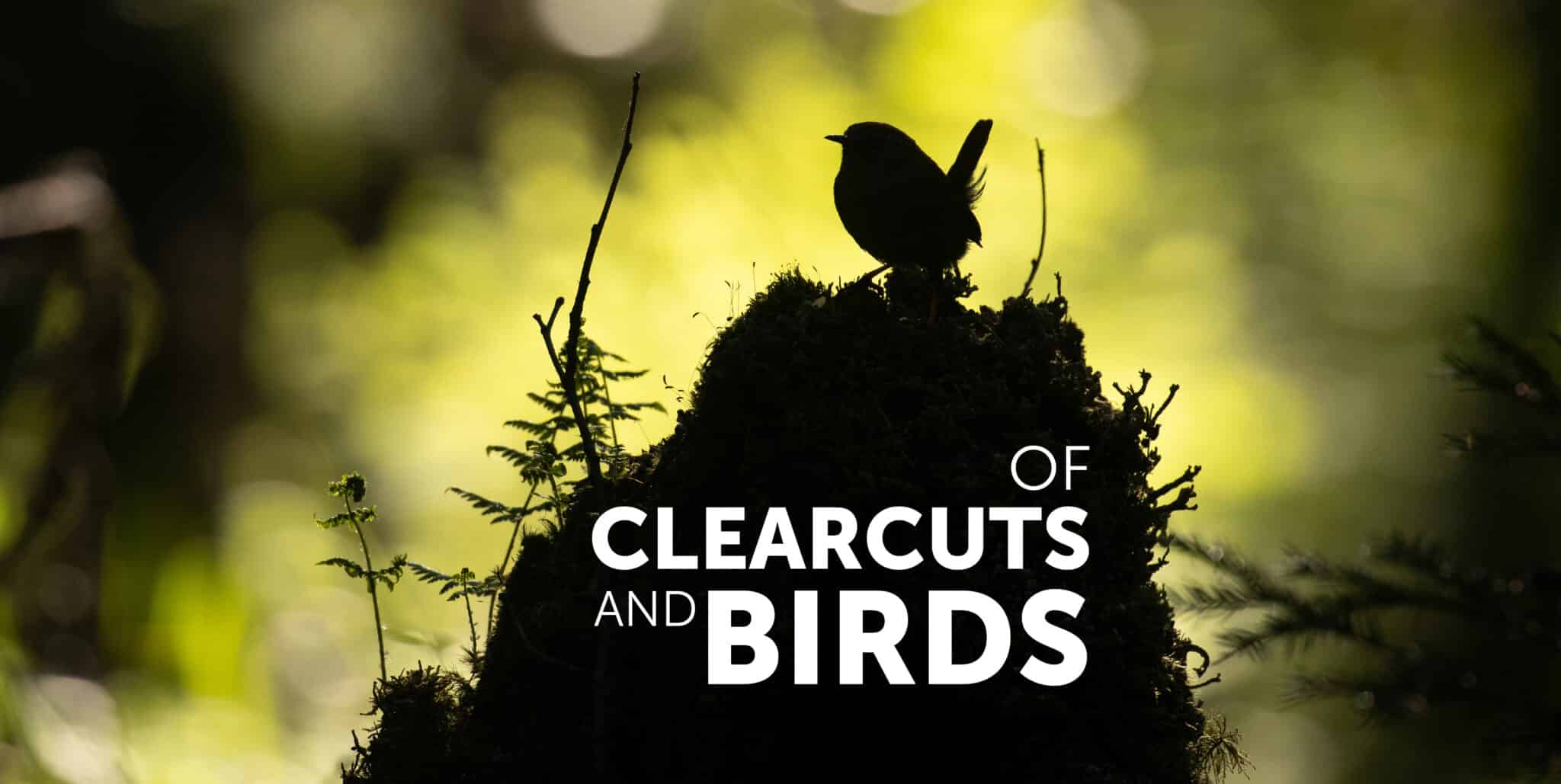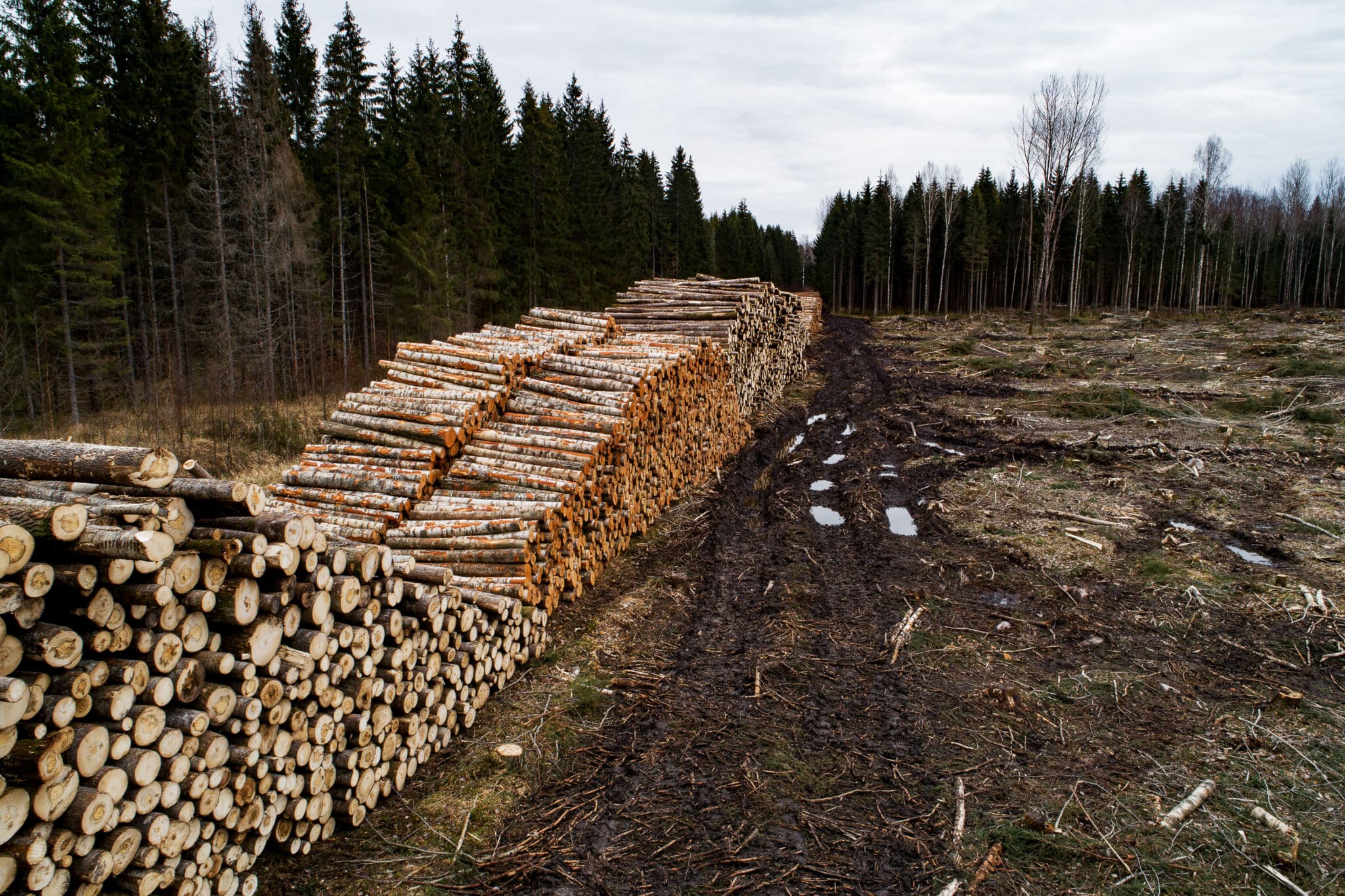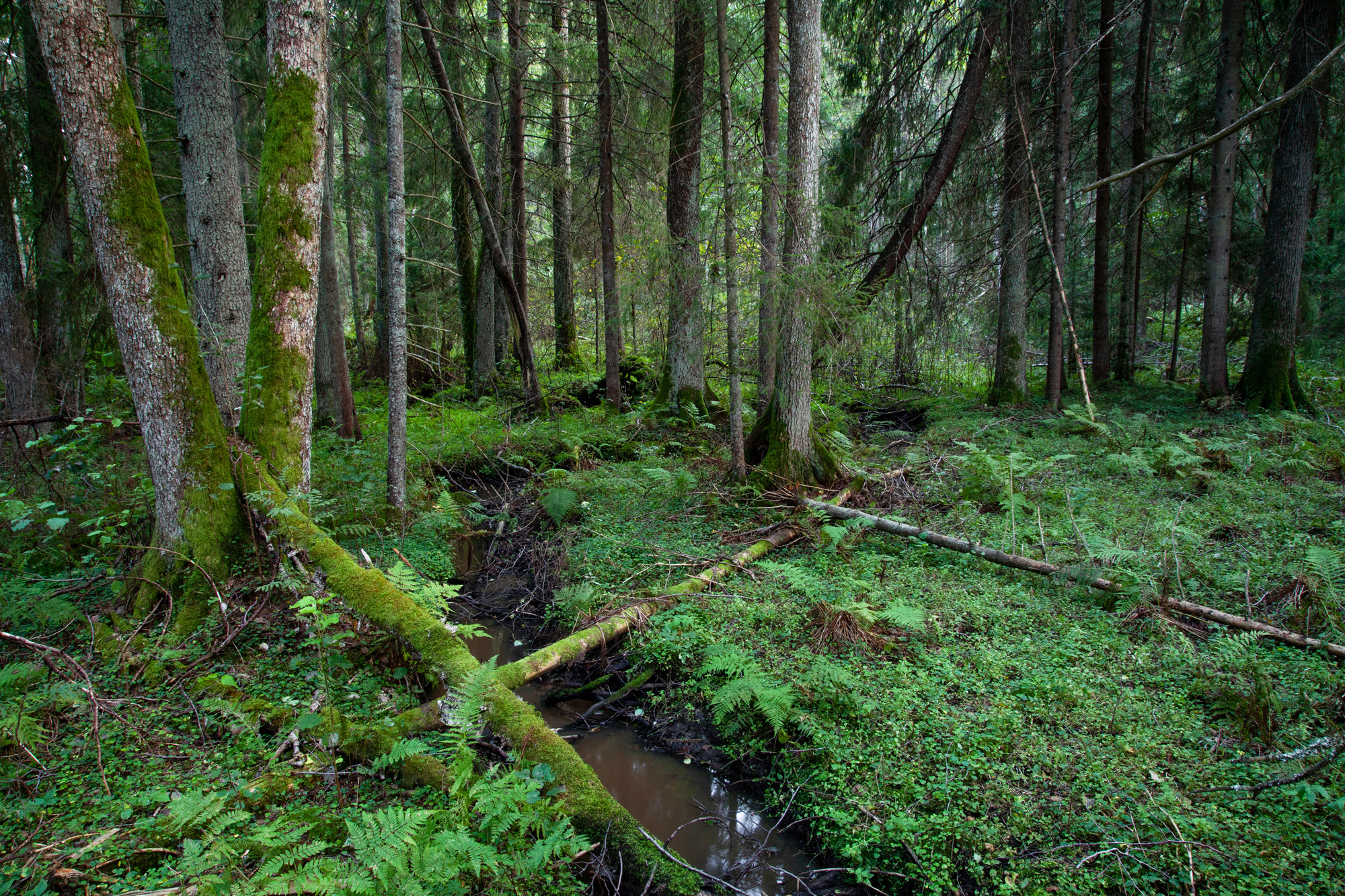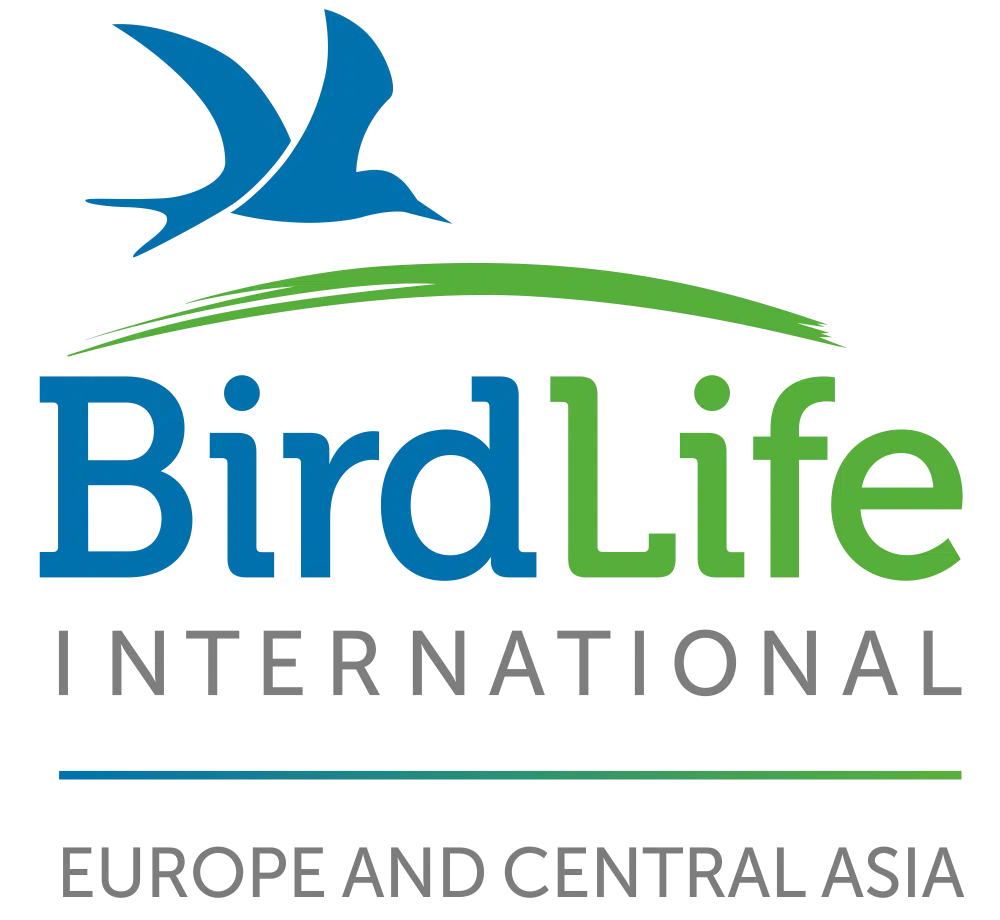To protect nature and the climate, we must reform how the EU treats bioenergy
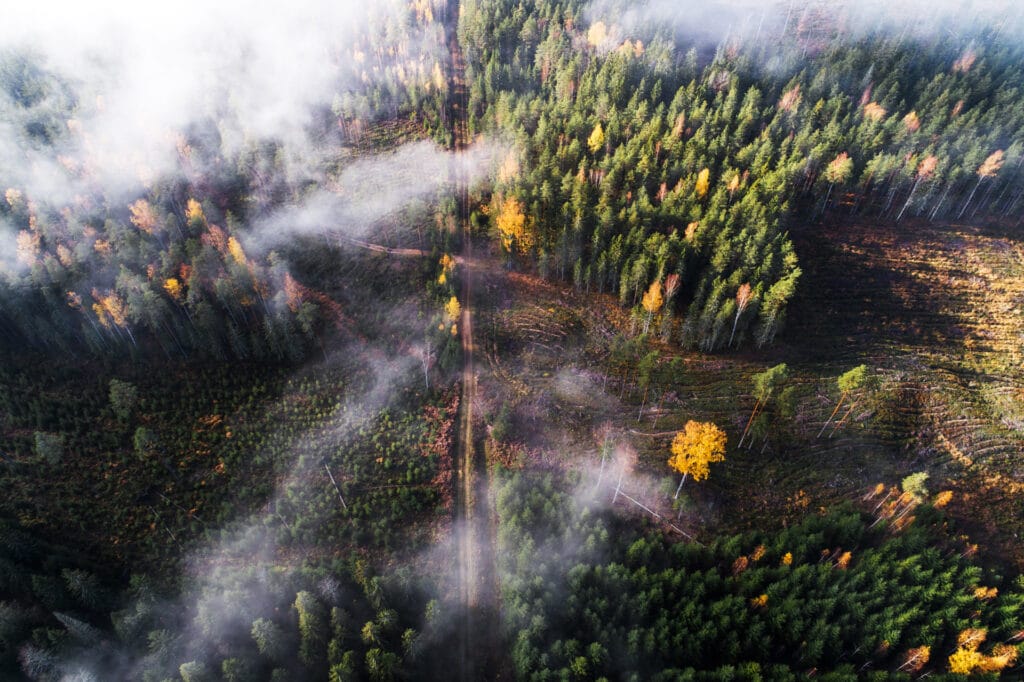
The EU’s Renewable Energy Directive (RED) is encouraging increased burning of wood for energy and labels this as a sustainable form of energy. But the scientific consensus is that burning biomass accelerates the climate crisis, instead of reducing it.
Forests are already under excessive pressure: In Europe, about half the wood logged today is burned, and an estimated 79% of EU forest habitats are threatened by over-logging for timber, pulp, and bioenergy. Additionally, the increased demand for wood leads to even more logging and degradation of natural forests that are vital habitats for many species.
The forest carbon sink is shrinking and will continue to weaken unless there is a significant reduction in logging pressure.
Logging and burning forest biomass increase CO2 emissions – even if taking into account hypothetical fossil fuel substitution and potential forest regrowth. But emissions reductions need to happen now. Even if trees do grow back, they cannot do so fast enough to tackle the present climate emergency.
The coming months will be crucial as the EU Parliament and Council will be making far-reaching decisions about the way bioenergy is treated in the Renewable Energy Directive (RED).
As part of the European Green Deal, the RED is being revised, providing the last opportunity for a long time to ensure it supports, rather than undermines, the EU’s climate and biodiversity ambitions.
In our joint position paper, we argue – together with more than 30 NGOs from across Europe – that the EU must stop counting forest biomass as renewable energy and that it must stop treating biomass as a “zero carbon” fuel.
You might also be interested in:
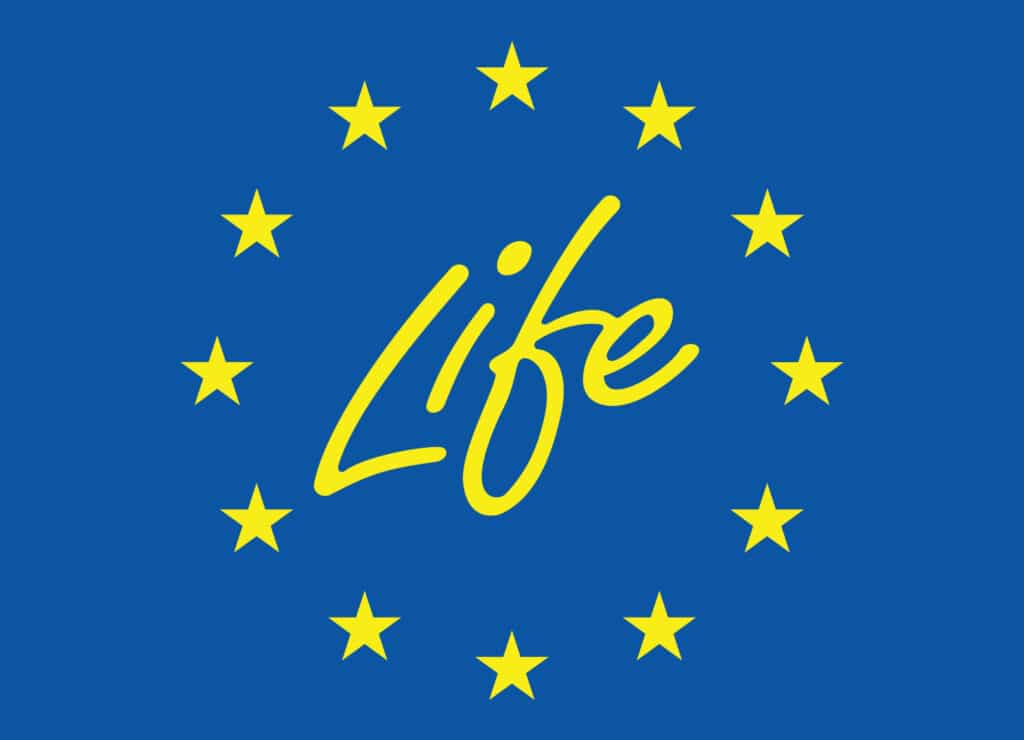 | Stichting BirdLife Europe gratefully acknowledges financial support from the European Commission. All content and opinions expressed on these pages are solely those of Stichting BirdLife Europe. The European Commission is not responsible for any use that may be made of the information it contains. |
